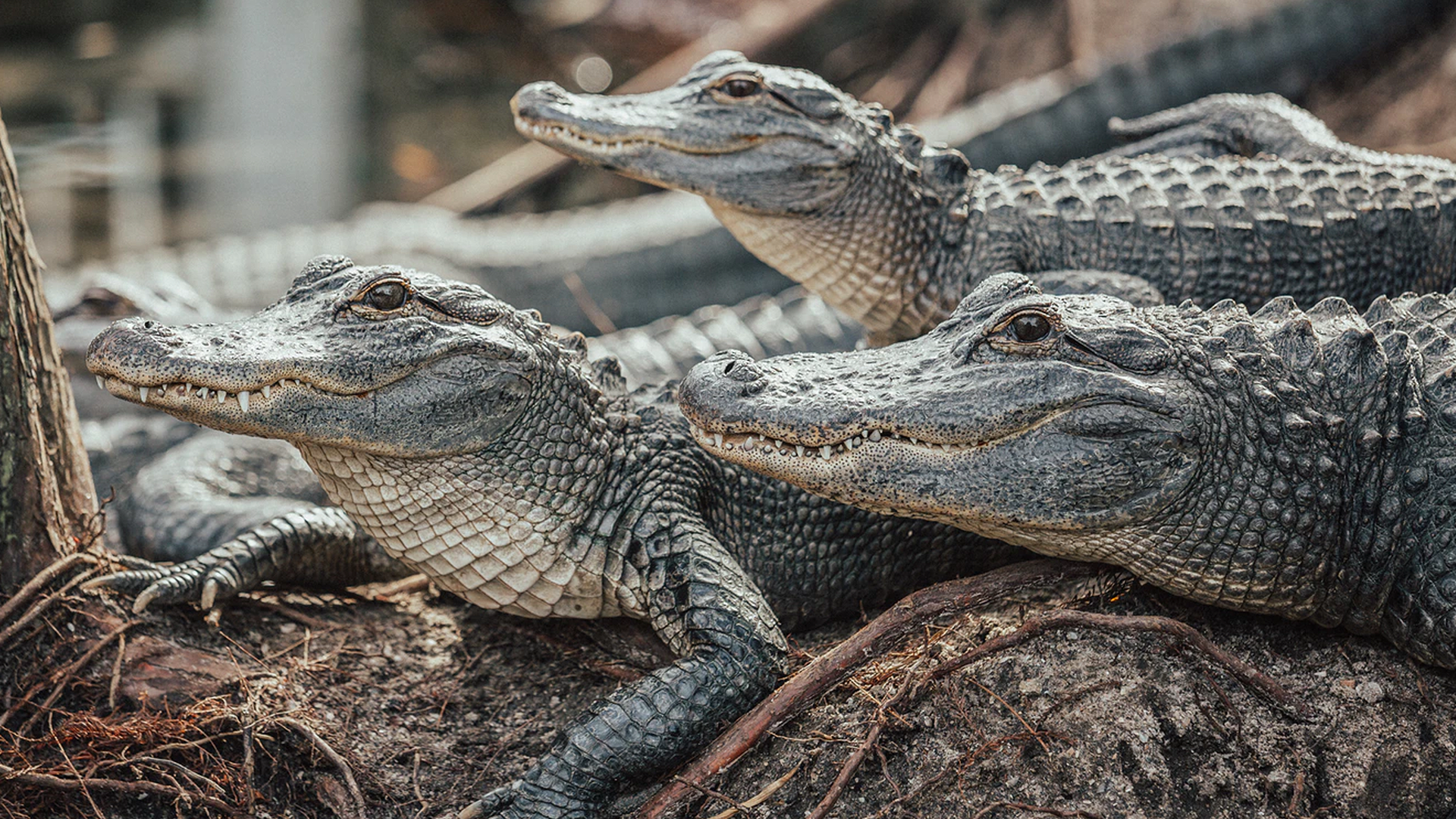This is because the temperature of a nest determines the sex of a hatchling. For American Alligators, eggs stored between 32.5C and 33.5C produce mostly males, but slight variations above or below this temperature will result in female eggs.
As you can probably deduce, global warming will result in nests having to withstand hotter climates, resulting in nearly all female eggs. This would drive population numbers down significantly and cause many reptile species – not just American Alligators – to become endangered.
Before you despair at world of bizarrely all-female reptiles, there are some ways in which conservationists and scientists could protect animal offspring that will be directly affected by temperature changes.
Speaking to Gizmodo, PhD candidate Samantha Bock from the University of Georgia noted that we could store reptiles in specially conditioned environments to ensure that males are produced.
‘Artificial incubation programs where we collect eggs from nests, incubate them at the temperature that produces the rare sex, and release hatchlings back into the wild’ could become common.
We’ll also likely see more care taken to preserve current habitats. ‘Habitat protection will become even more important for reptile recovery’, says Bock. ‘These will allow ample opportunities for females to nest in a variety of locations and preserve genetic diversity’.
Who’d have thought we’d have to worry about sex ratios of reptiles, eh? If we tackle this issue as it develops early and continue to monitor animal populations closely, we’ll likely develop effective systems to keep male and female numbers healthy – but it will have to be an active effort that involves some science handywork.
Time will tell whether we keeps global temperatures below a 1.5C increase. Either way, we have some options at our disposal to keep things under control – let’s hope we don’t have to utilise all of them.




















